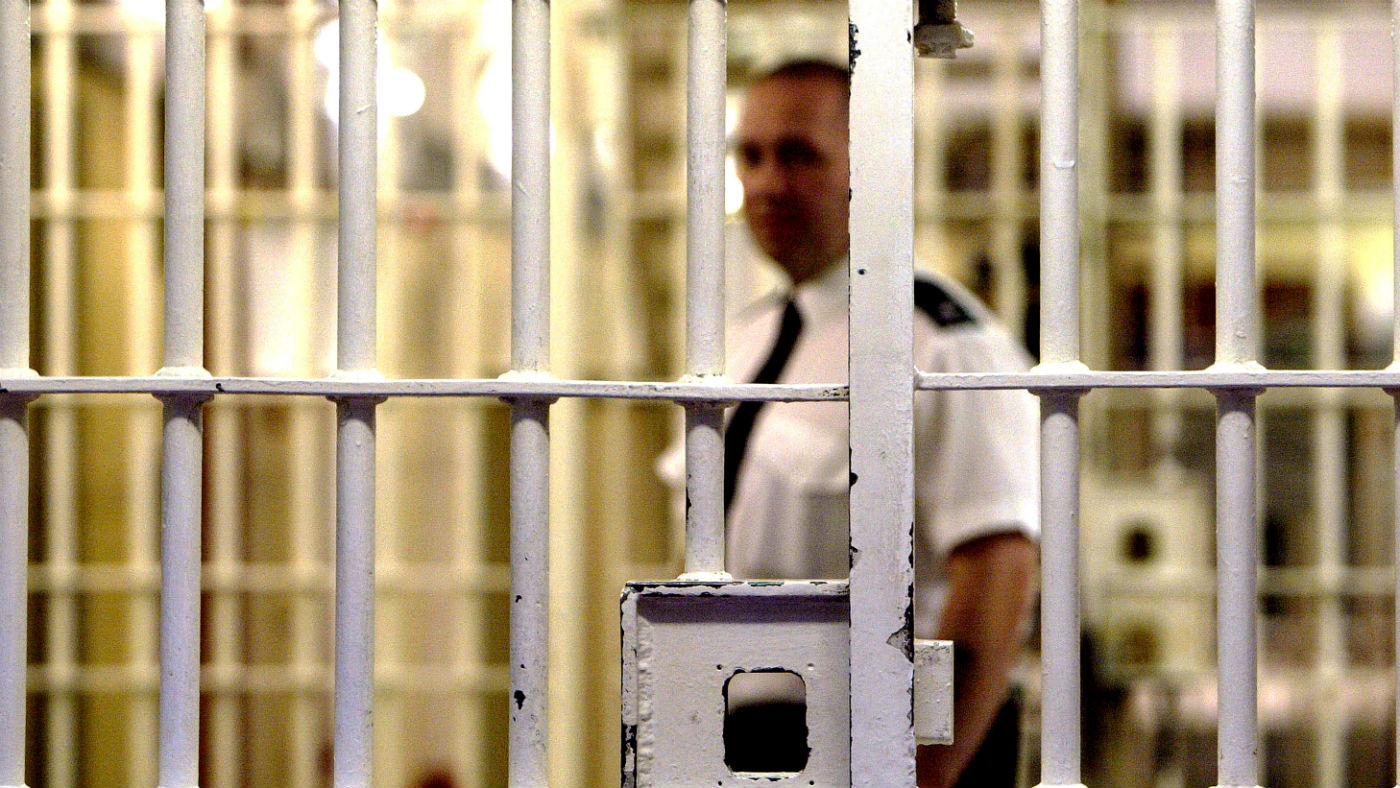Parole reform to give victims right to challenge board
Review follows public outcry after release of black-cab rapist John Worboys

A free daily email with the biggest news stories of the day – and the best features from TheWeek.com
You are now subscribed
Your newsletter sign-up was successful
An overhaul of England’s parole system will give victims the right to challenge the release of offenders, as part of a drive for increased transparency following a number of high-profile controversies.
The announcement comes as Justice Secretary David Gauke launches a government review to decide whether the way the Parole Board operates needs “fundamental” reform, and follows a public outcry last year when so-called black cab rapist John Worboys was deemed safe for early release.
The ruling was later overturned by the High Court, but the furore led to the resignation of Parole Board chairman Nick Hardwick, and prompted serious debate about whether the system was fit for purpose.
The Week
Escape your echo chamber. Get the facts behind the news, plus analysis from multiple perspectives.

Sign up for The Week's Free Newsletters
From our morning news briefing to a weekly Good News Newsletter, get the best of The Week delivered directly to your inbox.
From our morning news briefing to a weekly Good News Newsletter, get the best of The Week delivered directly to your inbox.
Currently, the 246 members of the board decide whether a prisoner can be safely released or moved to an open jail in three-person panels which deal with about 25,000 cases a year. About 80% of risk assessments decisions are made by reviewing case papers, rather than at an oral hearing.
The review process has been criticised for being opaque, although a rule banning the board from disclosing the reasons behind its decisions was scrapped following a campaign by The Sun last March.
From the summer, victims will be given the right to challenge the release of violent offenders.
Under existing rules the public has no legal right to challenge the board, while judicial reviews can be both costly and time-consuming. In a move to expedite decisions, cut costs and boost transparency, victims will be able to trigger a fresh hearing for free by applying to the Justice Secretary within 21 days of the Parole Board decision.
A free daily email with the biggest news stories of the day – and the best features from TheWeek.com
Yet the changes have faced criticism from victims groups after it was announced convicts will also be given new rights to challenge parole board decisions.
The Daily Telegraph estimates that prisoners “may seek to challenge between 13% and 16% - or one in six - of their parole decisions, at least three times the rate of those by victims which is estimated at between 1% and 5%”.
Harry Fletcher, founder of the Victims’ Right Campaign, warned the paper: “It will be a green light to prisoners convicted of serious violence and sexual offences to put in appeals because they have nothing to lose financially by doing so.”
“There’s a real danger the whole system will be swamped by prisoners appealing and the voice of the victim will get lost” he added.
-
 6 of the world’s most accessible destinations
6 of the world’s most accessible destinationsThe Week Recommends Experience all of Berlin, Singapore and Sydney
-
 How the FCC’s ‘equal time’ rule works
How the FCC’s ‘equal time’ rule worksIn the Spotlight The law is at the heart of the Colbert-CBS conflict
-
 What is the endgame in the DHS shutdown?
What is the endgame in the DHS shutdown?Today’s Big Question Democrats want to rein in ICE’s immigration crackdown
-
 What we know about the Copenhagen mall shooting
What we know about the Copenhagen mall shootingSpeed Read Lone gunman had mental health issues and not thought to have terror motive, police say
-
 Texas school shooting: parents turn anger on police
Texas school shooting: parents turn anger on policeSpeed Read Officers had to be urged to enter building where gunman killed 21 people
-
 DJ Tim Westwood denies multiple sexual misconduct allegations
DJ Tim Westwood denies multiple sexual misconduct allegationsSpeed Read At least seven women accuse the radio and TV presenter of predatory behaviour dating back three decades
-
 What happened to Katie Kenyon?
What happened to Katie Kenyon?Speed Read Man charged as police search for missing 33-year-old last seen getting into van
-
 Brooklyn subway shooting: exploring New York’s ‘steep decline in law and order’
Brooklyn subway shooting: exploring New York’s ‘steep decline in law and order’Speed Read Last week, a gunman set off smoke bombs and opened fire on a rush-hour train in the city
-
 How the Capitol attack investigation is splitting the Republicans
How the Capitol attack investigation is splitting the RepublicansSpeed Read Vote to censure two Republican representatives has revealed deep divisions within party
-
 Is sentencing a Nazi sympathiser to read Shakespeare an appropriate punishment?
Is sentencing a Nazi sympathiser to read Shakespeare an appropriate punishment?Speed Read Judge seemed to think introducing student ‘to high culture’ would ‘magically make him a better person’ said The Daily Telegraph
-
 Sarah Everard’s murder: a national reckoning?
Sarah Everard’s murder: a national reckoning?Speed Read Wayne Couzen’s guilty plea doesn’t ‘tidy away the reality of sexual violence’